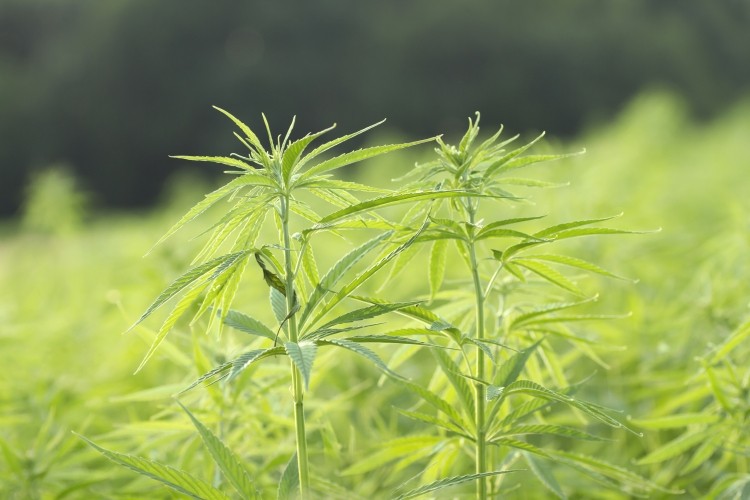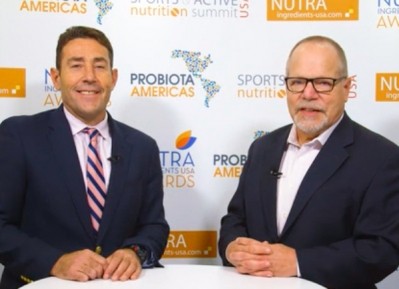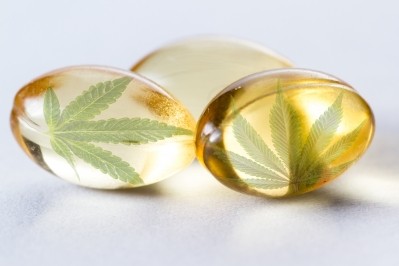Trade groups unite to support new Hemp-CBD bill

The Hemp and Hemp-Derived CBD Consumer Protection and Market Stabilization Act of 2020 (HR 8179) was introduced Friday (September 4), directs the FDA to use its authority and resources to set a clear regulatory framework for hemp and hemp derived CBD and assure consumer protection.
The new letter to Schrader and Griffith is signed by the American Herbal Products Association (AHPA), Consumer Healthcare Products Association (CHPA), Council for Responsible Nutrition (CRN), Hemp Industries Association (HIA), Midwest Hemp Council, National Cannabis Industry Association, National Grocers Association, United Natural Products Alliance (UNPA), US Hemp Authority, US Hemp Building Association, US Hemp Growers Association (USHGA), US Hemp Roundtable, Virginia Hemp Coalition, Vote Hemp, We Are For Better Alternatives (WAFBA), and the Wisconsin Hemp Alliance.
“In passing the 2018 Farm Bill, Congress made clear its intent to support the production and sale of hemp and hemp derivatives such as CBD. Thousands of American farmers planted hemp in response, with CBD and extract varieties of hemp representing the overwhelming majority of all hemp acreage sown thus far in the U.S,” states the letter.
“However, public announcements by FDA stating that it is illegal to sell ingestible hemp-derived CBD products have hindered commercial progress for these farmers. While the agency has primarily taken action against companies that have made improper disease claims, and while FDA officials have announced that they are investigating a regulatory pathway for CBD products, CBD commerce and investment have been chilled due to the absence of federal regulation, impairing job creation and economic opportunity for farmers and small businesses.
“Meanwhile, as a July 2020 FDA report to Congress revealed, without a clear regulatory framework, many products are being marketed without appropriate safeguards, and are misleading consumers with false label claims.
“The Hemp and Hemp-Derived CBD Consumer Protection and Market Stabilization Act of 2020 would ensure that hemp-derived CBD, and other non-intoxicating hemp ingredients, could be lawfully marketed as dietary supplements.
“It would also require these product manufacturers to comply with the entire existing comprehensive regulatory framework for dietary supplements, so that consumers would be assured that the products they consume are safe, properly labeled and prepared and monitored with Good Manufacturing Practices.
“We are very grateful for your leadership on this issue, and we look forward to strongly supporting this bill as it progresses through Congress.”
NPA: “The bill fails to set a safe level”
Notably missing from the letter is the Natural Products Association (NPA), which has rejected the legislation. In a statement released Monday, September 8, NPA stated that the bill fails to set a safe level of daily consumption and would do more to undermine public trust in the safety of supplement products and do nothing to promote public health.
“We support a science-based pathway to allowing CBD in food products, but this is not the right approach and will do more to undermine public trust in the safety of dietary supplements without promoting public health,” said Daniel Fabricant, Ph.D., President and CEO of NPA.
“The FDA already has the authority to regulate CBD products by setting a safe level of daily consumption. Setting a safe level of daily consumption is a better pathway and will do much more than introducing legislation to appease special interests,”
The association added that it had previously also helped craft legislation passed by the U.S. House of Representatives that provides resources so the FDA can perform a Health Hazard Evaluation (HHE) and set a safe level of CBD for consumers to use each day.
“The process would follow the same precedent as red yeast rice, which allows a natural product to contain a level of a drug ingredient that the FDA has determined to be safe. With the exception of Epidiolex, all CBD products in the U.S. are considered illegal by the federal government,” stated NPA.
















